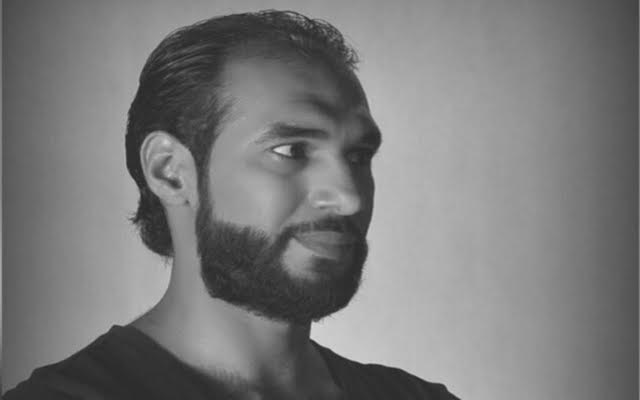Ali Isa Ali al-Tajer is a Bahraini citizen and the brother of Mohamed al-Tajer, a prominent lawyer and human rights defender in Bahrain. Mohamed has worked with the United Nations Secretariat on several occasions, including with the Office of the High Commissioner for Human Rights (OHCHR) and the Special Procedures, in support of their work in Bahrain. The government first targeted Mohamed in April 2011, when masked security forces raided his home, arrested him, and later tortured him during his detention. After Mohamed was released, and after he resumed his activism, the authorities began to target his family.
On 5 November 2015, Bahraini security forces surrounded and then forcibly entered Ali al-Tajer’s home. The officers arrested Ali and confiscated his mobile phone and other electronic devices without presenting either an arrest or search warrant. Following the arrest, the security forces transported Ali to an unknown location where he was held incommunicado for 25 days, unable to contact his loved ones.
Finally, on 30 November, a Bahraini public prosecutor called Mohamed and informed him that he was needed in court to represent his brother – the trial was set to begin in thirty minutes. By the time Mohamed made it to the courtroom, he realized the hearing had already been in session for some time, and that the authorities had prevented Ali from accessing legal counsel.
At the conclusion of the session, the guards allowed Ali to meet with Mohamed and his lawyers for five minutes. During that time, the security forces monitored the meeting and attempted to record the conversation. Still, Ali was able to tell Mohamed and the other attorneys that the security officers had tortured him while he was in incommunicado detention.
Mohamed and other members of the al-Tajer family filed complaints concerning Ali’s torture to a number of state human rights mechanisms, including the Public Prosecution’s Special Investigation Unit (SIU), which is tasked with investigating cases of government abuse. On 29 December, Bahraini authorities brought Ali to the SIU to be examined by a forensic doctor who then referred him to three different medical specialists to treat a knee injury and a prolapsed disc in his spine. Nevertheless, when the authorities took Ali before the public prosecutor the next day, he stated that the forensic doctor had not seen any signs of torture on Ali’s body and rejected his claim.
Five months later, Ali remains at Dry Dock detention center; the authorities extended his pretrial detention period on six separate occasions. Officials continue to exclude Mohamed from Ali’s interrogation sessions and deny him access to Ali’s medical reports.
Mohamed describes his brother as non-political and therefore fears that Ali’s detention is a form of retaliation against his own human rights work. In this way, Ali’s case represents yet another episode in an ongoing trend of government reprisals against human rights defenders and their families in Bahrain. As previously documented by Americans for Democracy & Human Rights in Bahrain (ADHRB), the Bahraini authorities have worked to criminalize mere relation or association with political activists, from detaining siblings of lawyers, like Ali, to targeting parents of protestors killed by security forces. Increasingly in Bahrain, simply knowing a human rights defender has become a crime punishable by arrest, imprisonment, and torture.





